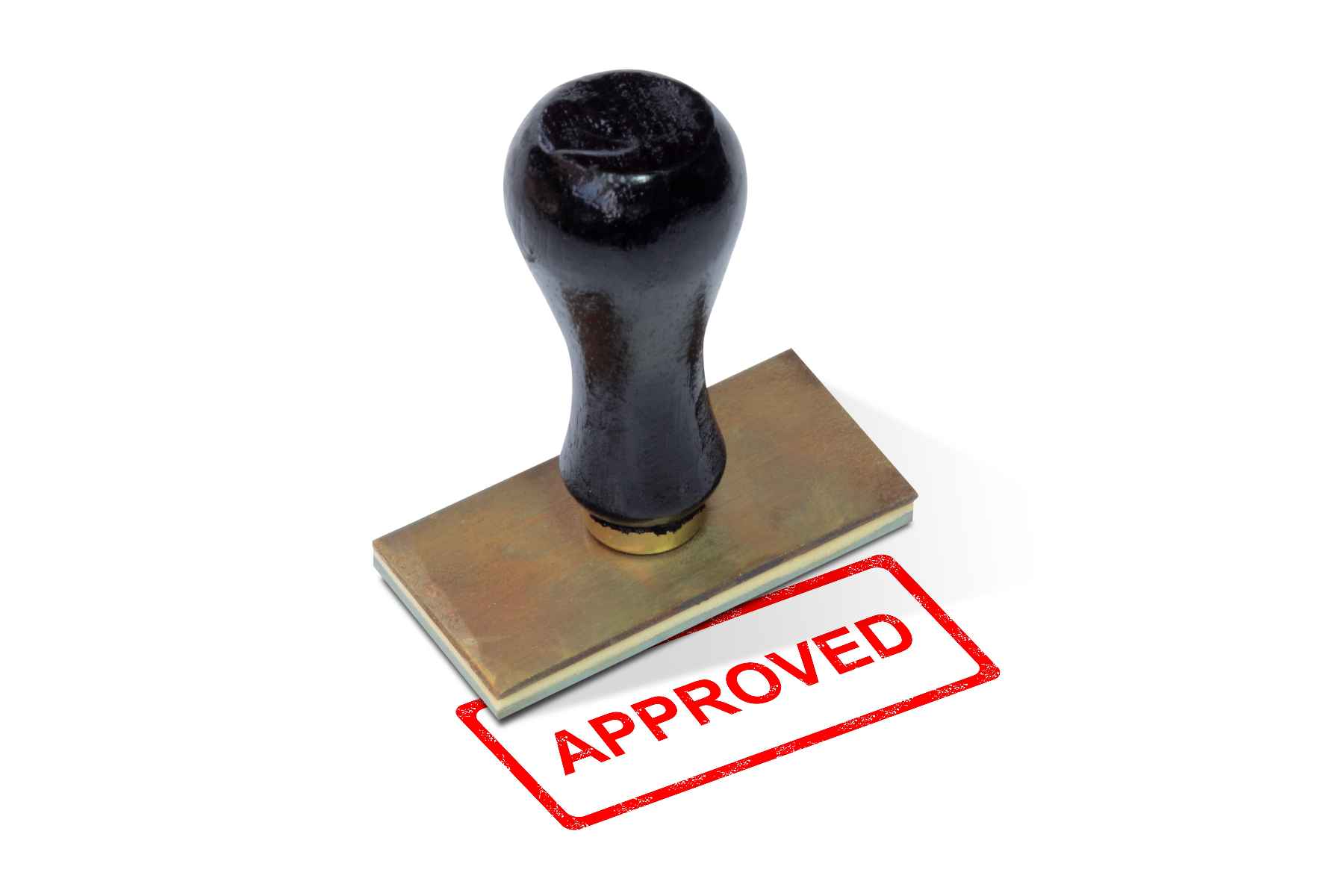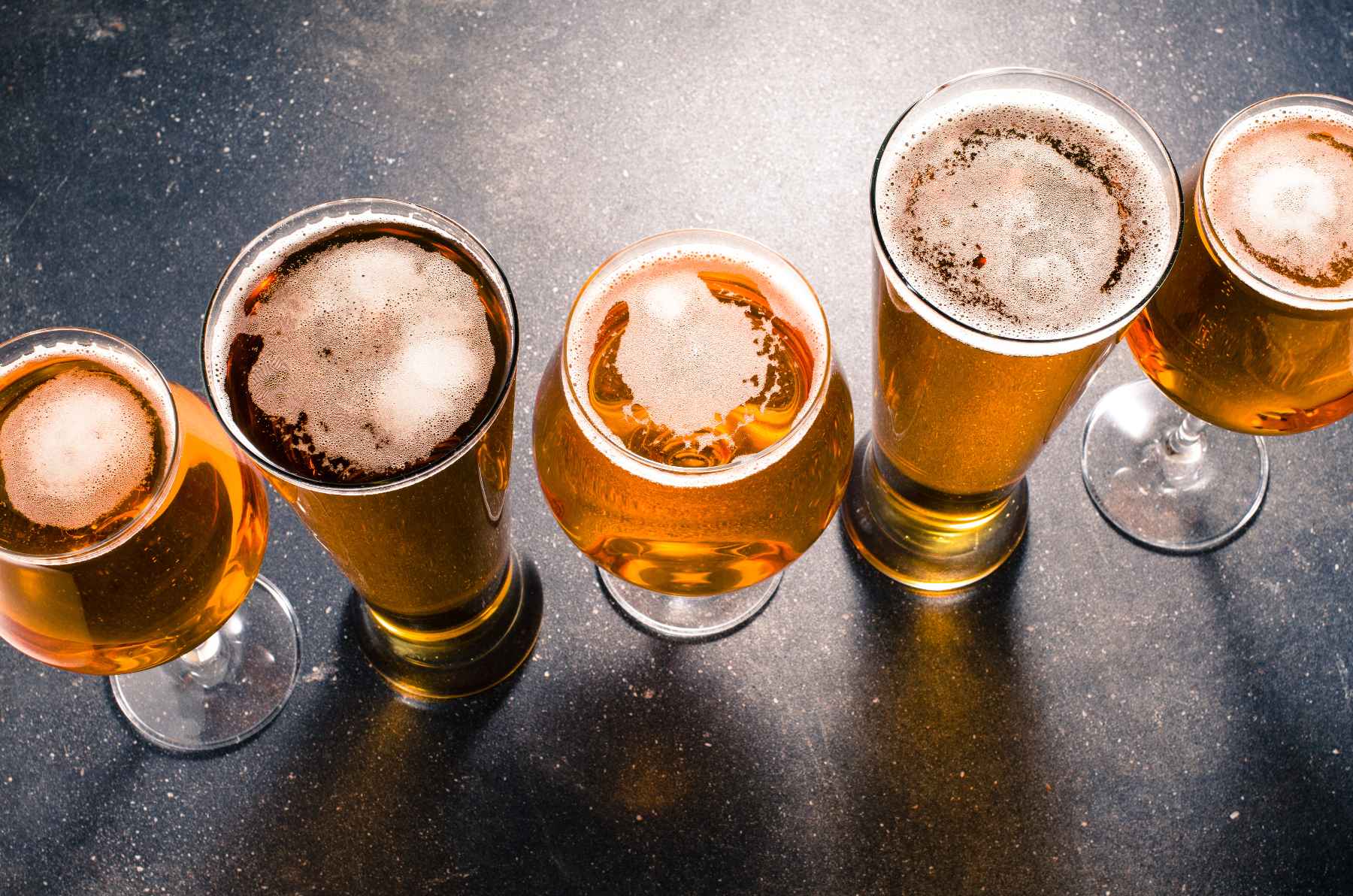Navigating the Sticky Web of Liquor Licenses
Dek goes here…
In the hospitality world, liquor licensing is always a hot topic. With constant changes, common consumption areas, and a wide variety of local, state, and federal licensing matters, there is always more to know and learn. Many operators (and soon-to-be operators) have questions about obtaining a liquor license.
First, it’s important to understand the licensing process and the various ways to acquire a liquor license. The three most common ways to acquire a liquor license are:
- New liquor license
- Transfer of existing liquor license
- Change in corporate structure
Each application, and its jurisdiction, has its own set of requirements, with its own distinct costs, timelines, and considerations. While all three methods yield similar outcomes (the license holder having the right to sell alcohol to its customers), the path you pursue can have a significant impact on your business.
Unlike many states, Colorado does not have quotas on the numbers of licenses that can be issued. It’s important to note, though, that while there are no quotas per se, there are some instances where new licenses or locations of certain license types aren’t easily available (think dance cabarets, liquor stores within certain distances of other locations, indoor smoking locations, etc.) and only existing licenses are available. These “grandfathered” licenses are excluded from the information presented here.
In many situations, a liquor license itself doesn’t have much stand-alone value. Its value is part of a larger transaction, such as a brand-new location (and the associated company creation, fundraising, and leasing that may come with it), or from taking over an existing entity or licensed location included in the purchase transaction.
Below, we break down the three typical means by which an operator may obtain a license and some pros and cons of each. Please note: This information is generalized for readability and should be considered for each unique transaction or licensee. This is not to be considered legal advice.
Each city and county has specific processes, requirements, and timelines, but for this example, we will assume the licensed location is within the City and County of Denver:
New Liquor License
For a brand-new location, as part of an asset sale, or as part of the purchase of ownership without an existing license
- Requires significant information for the application
- Requires public notice and hearing, petitioning, and potential neighborhood association involvement
- Process requires three to five months, and no liquor sales are possible during that time
- License is brand new, with no bad (or good) history
- Slightly more expensive than transferring a license

Transfer of Liquor License
As a part of the purchase of business assets
- No assumption of operations, employees, debts, or liabilities
- Requires documentation from alcohol wholesalers of the existing licensee
- Tax information provided to the city and state
- Requires at least seven to 10 days to obtain a temporary permit
- If timed correctly, a licensee can operate with no disruption of service
- License transfers with both good and bad history
- Slightly less expensive than a new application
- Requires cooperation from transferor
Change in Structure
As a part of the purchase of the ownership with an existing liquor licensee
- Buyer acquires ownership of an existing business, which continues in operation
- The buyer inherits employees, accounts, and liabilities
- No wholesaler information required
- Typically, no public notice and hearing is required
- Up to 30 days post-closing to notify city and state of the change
- Seamless transfer of ability to serve liquor
- Inherits both good and bad history of license
- Minimal expense as it relates to the license
The real determination of which path to follow can only be made by reviewing all aspects of the transaction. A change in structure may be the most efficient and beneficial from a licensing perspective, but it may not be the right answer in light of the seller/transferor’s tax situation or per the terms of an existing lease. A new license may make the most sense based on a seller/transferor’s bad operating history, but doesn’t look as appealing once the time to obtain a new license is factored in.
A successful operator must consider the above options (in addition to the overall transaction, situation, and goals of the business) to determine the appropriate way to address their liquor license. We strongly advise owners to seek appropriate professional guidance that can coordinate the business transaction in conjunction with the licensing needs. A coordinated approach to obtaining and maintaining your liquor license is critical to overall business strategy and paramount to running a successful hospitality business.
Maclain “Mac” Joyce is a partner at Messner Reeves LLP, a full-service business law firm in Denver and various cities throughout the United States. He is well versed in all aspects of the liquor licensing process and how to apply that licensing regime to the overall operations of your business.
Talk to us! Email your experiences (and thoughts, opinions, and questions—anything, really) to askus@diningout.com.

